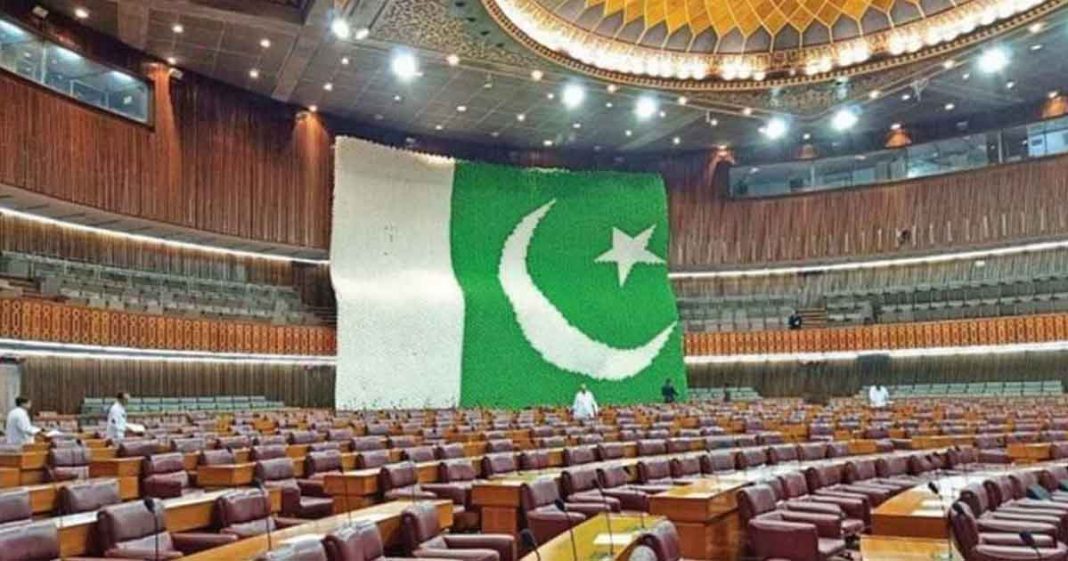Whenever you talk to people with successful careers, one concept is a popular theme: “There are no shortcuts to success”. Some Pakistanis may accept this theory as genuine in their personal careers too. However, when it comes to policymaking at the national level, we see a clear love for shortcuts from our nation.
Let’s look at a few examples from Pakistan’s history which justifies our love for shortcuts:
- Preference for short-term economic growth via loans: PMLN in their last tenure built a favorable reputation via positive macroeconomic indicators. However, this growth cycle turned out to be a short-term model dependent on loans as it kept the dollar rate under control & triggered ease of imports to help serve business growth. A significant number of Pakistanis (particularly in Punjab) still hope to see PMLN return to power.
- Support for political patronage championed by PPP: In Pakistan, a government job develops attraction due to a culture where job security is rewarded with a lower pressure of performance (compared to the private sector). Multiple Pakistani Governments have failed to realize that their role is to just help create a positive environment for entrepreneurs to generate jobs on merit instead of distr0ibuting government jobs (shortcut to please voters) & exponentially increasing state expenses.
- The nostalgia of economic growth bubble in the Musharraf era: Due to geopolitical circumstances created after the 9/11 attacks, Pakistan enjoyed a spell of very good relations with the USA & which triggered an unprecedented inflow of dollars. Pakistan should have milked this scenario to develop robust industries so that a wide range of local products have high demand in global markets for the long-term future. Instead, a shortcut-based approach (consumer-based economy) was applied to grow our economy at a rapid speed. Once the dollars inflow dried up, our bubble burst & we were back to square one because our export sector was not robust enough to save the Pakistani economy from a nosedive without significant US support.
Read more: Pakistan’s legal system is on the verge of collapse?
In 2021, Pakistan is battling through a grueling cycle of inflation
The global political scenario is not favoring us to receive a huge inflow of dollars without any tough conditions. Our current political situation is such that it’s significantly easier to sit in opposition than being Imran Khan to suffer curses from the public on a regular basis. There seems to be no way out other than boosting the development of our local industries so that Pakistani products & services are more competitive at a global level.
This cannot be achieved without a common economic model agreed upon by all mainstream political parties. Five years is never enough to ensure sustainable growth & the last thing Pakistan needs is inconsistent strategies that change at the whim of who is sitting in Prime Minister House.
Considering the highly polarized political atmosphere in Pakistan, an obvious question is that how exactly can political consensus be achieved for the greater good? Is it practical to even hope for this to happen in foreseeable future? Most readers here will have a valid reason to say “No”. However, I believe there can be two reasons for the answer to be “Yes”.
First of all, I believe that Pakistan’s space for political maneuvering to get easy dollar inflows has been reduced because of a lack of incentive for the USA. Moreover, China’s policy of investing in Pakistan is focused on CPEC & it restricts Pakistan’s hands to spend as per their own will.
Read more: Looking at the legacy of status quo and dictated narratives
Secondly, I watched an interview with Moeed Yusuf (National Security Advisor to Prime Minister) & he mentioned a few fascinating points. During this interview, an interesting terminology named “Economic Security” was mentioned. This is a concept that was mentioned in public by Pakistan Army Chief & Pakistan Prime Minister back in March 2021.
Moeed Yusuf in his interview described it as a concept where Pakistan is aiming to move from political diplomacy to economic diplomacy. For example, if Pakistan has 10 rupees, then the focus should be on how to convert that amount into 20 rupees & reduce our external imbalances (differences in exports & imports). When Pakistan achieves this then we can truly call ourselves a robust & self-sufficient economy.
Prime Ministers come & go but the fact that Pakistan Army Chief is also touched upon this idea (as per his speech in March 2021) gives me one small reason of the hope that maybe, Pakistani ruling elite is close to realizing that we cannot depend on shortcuts anymore via USA or China. We have to pull our socks up & work on self-sufficiency.
The longer our elites ignore this reality, the more attracted Pakistani youth will be towards extremist ideologies as frustrations will increase due to huge struggles in securing an economic future for their families.
The writer is an IT Consultant by profession but he also retains a deep interest in following politics, cricket & football. He tweets at @naveednadeem91. The views expressed in the article are the author’s own and do not necessarily reflect the editorial policy of Global Village Space.














